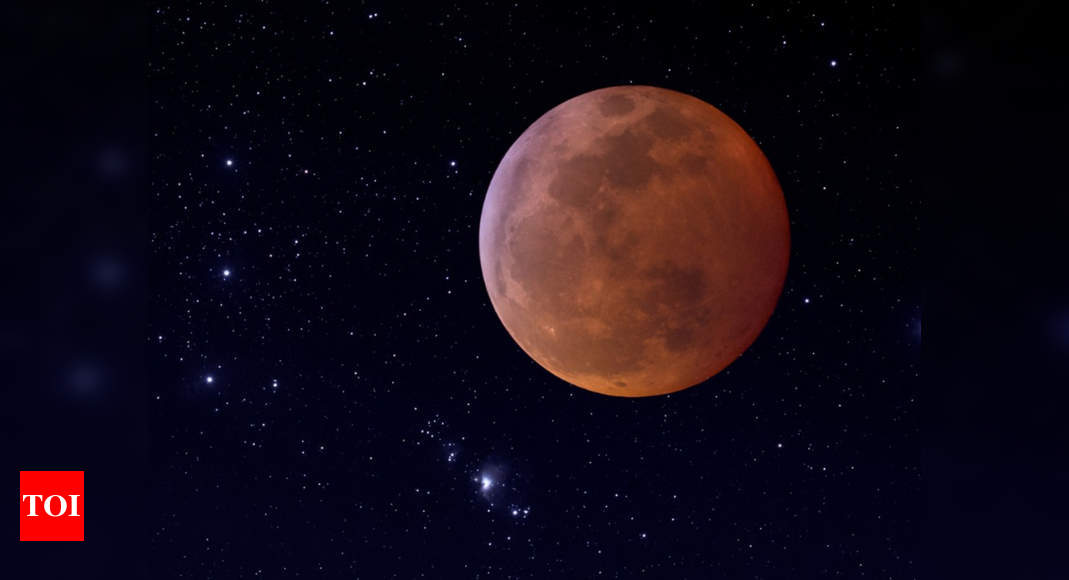
According to the Hindu religion, many people follow Sutak or abstention during the Lunar Eclipse. During this time, people maintain a fast and break it only after bathing. They also avoid the use of sharp objects like knives, needles, or nail clippers while the lunar eclipse lasts.
This is everything you need to know about the lunar eclipse of November 30, 2020.
Lunar eclipse: date and time
According to timeanddate.com, the lunar eclipse will begin at 1:02:22 pm, peak at 3:12:53 pm, and continue until 5:23:22 pm on November 30, 2020. But this The lunar eclipse, or Chandra Grahan, will not be visible in India.
Lunar eclipse: meaning
As mentioned above, according to the Hindu religion, people follow some rules during Chandra Grahan such as observing a fast or not using sharp objects or not sleeping during the eclipse. That’s because in earlier times, when the Sun and Moon were the only sources of light, people’s lives were affected due to a change in their movements during eclipses. And so people stopped working or abstained from certain things during the eclipse. It is also observed that this is observed not only by Hindus but even by various tribes around the world, although such rituals or beliefs have no scientific backing. Meanwhile, according to experts, one should not look at eclipses with the naked eye.
The Lunar Eclipse or Chandra Grahan of November 30 will not be visible to the naked eye, so it is believed that Hindus who follow certain rituals during the eclipse do not need to do so, since the penumbral or Upachaya is not considered a true eclipse.
Lunar Eclipse: Visibility Details in India
The Lunar Eclipse or Chandra Grahan of November 30, 2020 will be the fourth and last lunar eclipse of this year. But the penumbral lunar eclipse will not be visible in India, according to timeanddate.com.
We wish our readers a happy Kartik Purnima and Guru Nanak Jayanti, who coincide with the last Lunar Eclipse of 2020 on November 30, 2020.
.